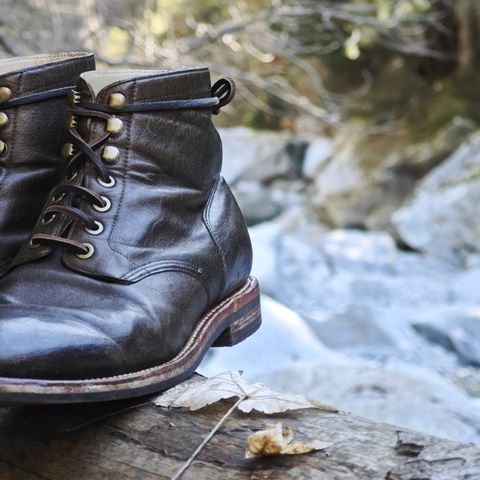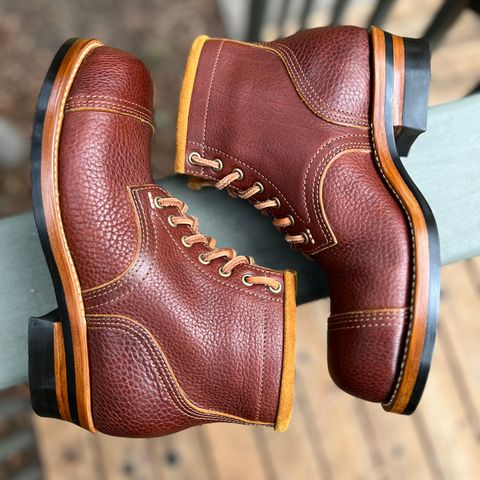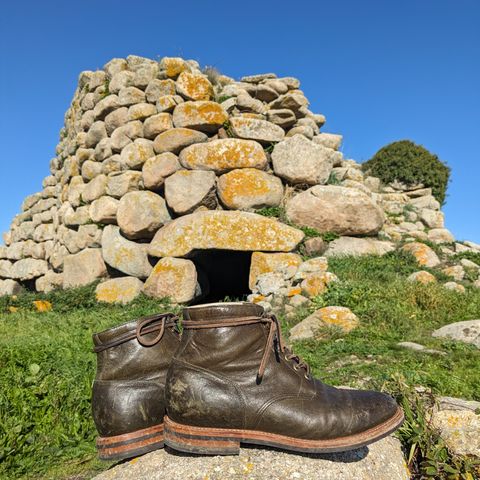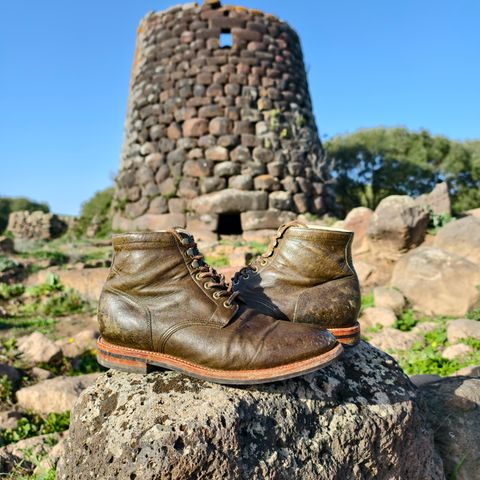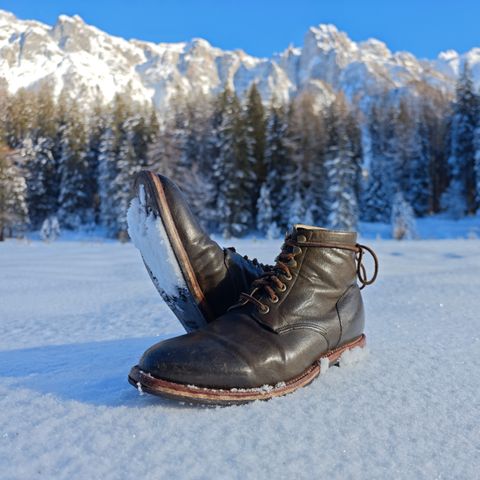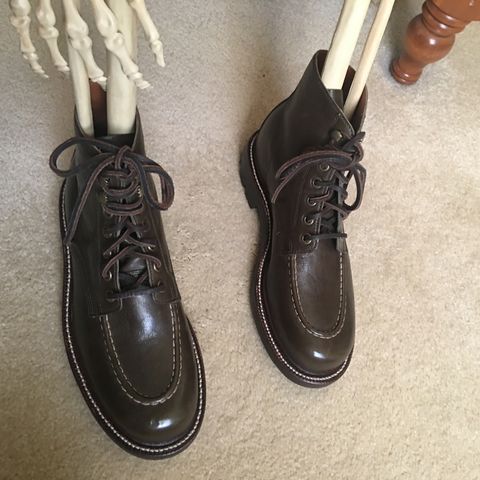Lederfabrik Gebrüder Kobel
TanneryAbout
Lederfabrik Gebrüder Kobel is a German leather tannery specializing in vegetable pit-tanning since 1877. Located in Kellinghusen, Germany, the company remains family-owned and produces traditional vegetable-tanned leathers for equestrian equipment and heritage footwear applications. Kobel is one of fewer than a handful of tanneries in Germany still practicing pit-tanning, one of the oldest leather manufacturing methods.
About
Lederfabrik Gebrüder Kobel is a German leather tannery specializing in vegetable pit-tanning since 1877. Located in Kellinghusen, Germany, the company remains family-owned and produces traditional vegetable-tanned leathers for equestrian equipment and heritage footwear applications. Kobel is one of fewer than a handful of tanneries in Germany still practicing pit-tanning, one of the oldest leather manufacturing methods.
The tannery produces hot-stuffed harness leather, bridle leather, and hand-waxed leathers using methods maintained for nearly 150 years. Their vegetable-tanned leathers feature strong pull-up effects and water resistance, making them suitable for high-quality boots and equestrian gear.
History
Hubertus Kobel founded the leather factory in 1877 after returning to Kellinghusen from Quincy, USA. He had previously worked at the Jargstorff tannery in Kellinghusen before traveling to America. When Heinrich Jargstorff was elected first mayor of Kellinghusen, he offered the tannery to Hubertus Kobel, who accepted and established the business that year.
During its early operations, the tannery primarily supplied sole and pantine leather to customers in the local area and nearby shoe factories in Barmstedt and Eutin. The company has maintained its focus on vegetable pit-tanning methods throughout its history, continuing these traditional techniques into the present day.
The business operates as Gebrüder Kobel GmbH and remains under family management, with Eckart Kobel and Sebastian Kobel serving as Managing Directors.
Manufacturing Process
Kobel specializes in vegetable pit-tanning, one of the oldest forms of leather production. This method has become extremely rare, with vegetable pit-tanning described as "a niche of this niche" among modern tanning practices. The company produces vegetable-tanned leather in both pits and barrels.
The tannery uses a hot-stuffing process to treat its vegetable-tanned leather base. This involves placing leather in rotating drums and soaking it in heated oils and waxes that fully impregnate the hide through the core with animal waxes and tallows. The hot-stuffing process gives the leather unique properties including a strong pull-up effect, where bending or folding creates a two-tone appearance as oils move within the leather.
Products
The company's product range includes bridle and harness leather made from vegetable-tanned bases. They produce pit-tanned hot stuffed harness leather as well as soft aniline leathers, offering a wide assortment across this spectrum.
Kobel manufactures hand-waxed leathers specifically for equestrian sports, which are slightly aniline dyed and primarily used for high-quality bridles. The hot-stuffed leathers offer excellent water resistance in addition to their distinctive pull-up characteristics, making them suitable for outdoor applications.
The tannery's vegetable-tanned leathers are used in heritage and artisan footwear production. Pull-up leather produced through hot-stuffing is typically reserved for high-quality shoes and boots, providing both aesthetic appeal and functional durability.
References
"Leather. Our passion since 1877". Kobel Leder. Retrieved October 29, 2025.
"Kustom Kraft Boondocker Boot in Tannery Kobel Veg-Tanned Leather". Patina Project. January 5, 2024.
"Gebrüder Kobel GmbH, Kellinghusen, Germany". NorthData. Retrieved October 29, 2025.
"Start - Lederfabrik Kilger". Kilger Tannery. Retrieved October 29, 2025.
"Vegetable-tanned leather". The Leather Dictionary. Retrieved October 29, 2025.
"What is Hot Stuffed Leather?". Weaver Leather Supply. Retrieved October 29, 2025.
"What is pull-up leather?". Cheaney Shoes. Retrieved October 29, 2025.
